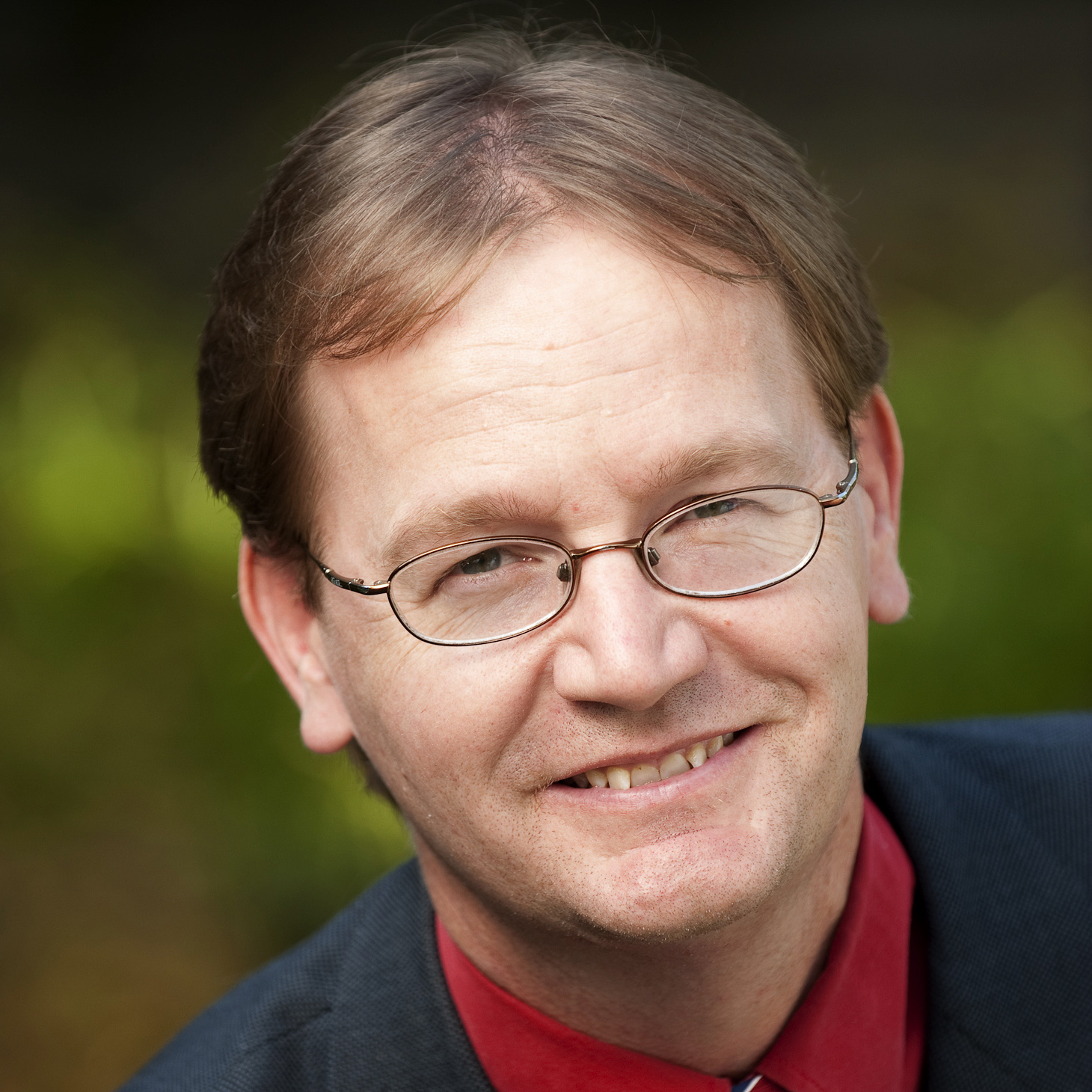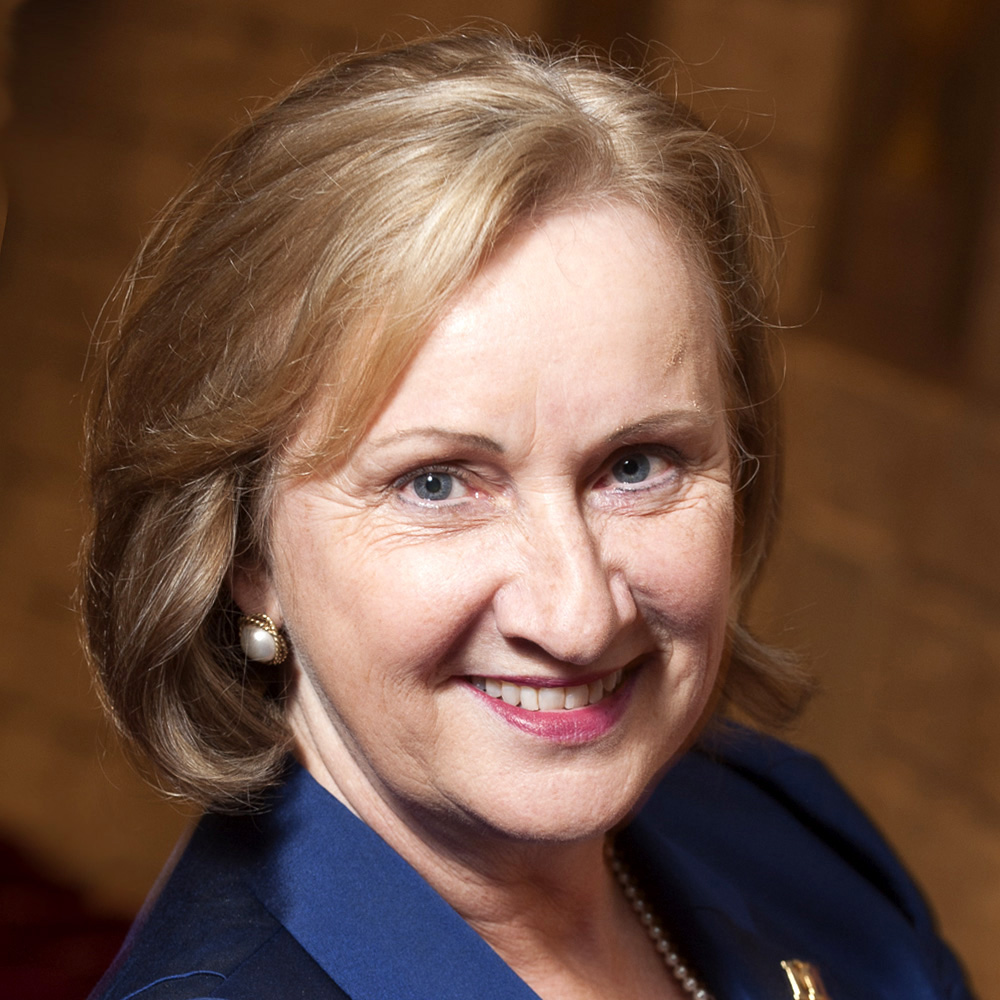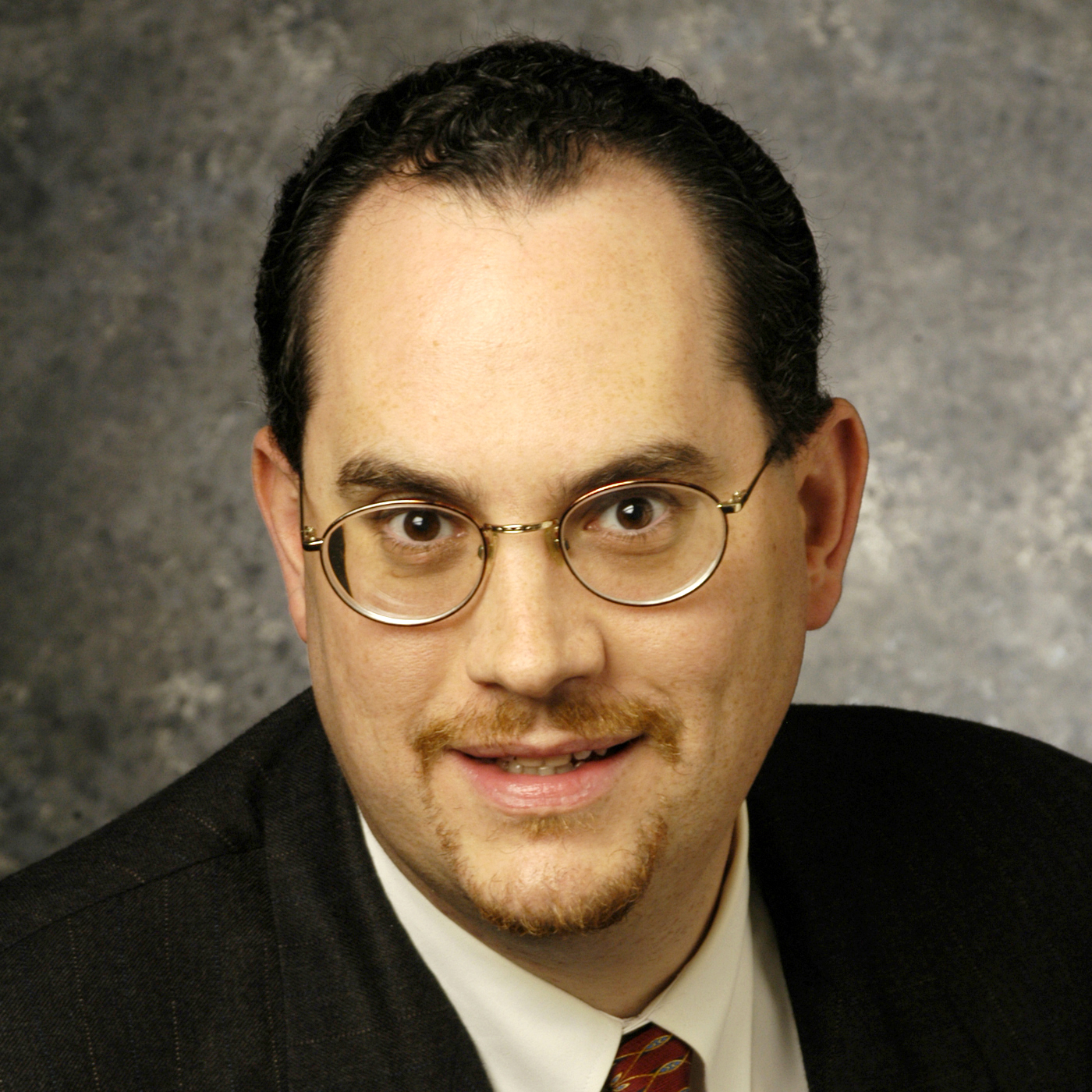As Trump rolls, time is running out for long-promised coalescing of mainstream Republican opposition
SMU experts are available for interview on all things debatable in connection with Thursday’s prime time matchup between the five remaining GOP hopefuls.
SMU experts are available for interview on all things debatable in connection with Thursday’s prime time matchup between the five remaining GOP hopefuls.
| STAND AND DELIVER TIME FOR OPPOSITION TO TRUMP |
|
|
Each of the past several Republican presidential debates has focused on a caucus or primary in a single state. That changes Thursday, and the stakes change with it. “This debate is rather pivotal because of the large number of delegates at stake,” Voth says. “Now that Donald Trump has won three out of four primaries, it is clear that there is a real voting bloc behind him. This debate is not the last opportunity to stop Trump, but it does need to be the beginning of a concerted resistance.” The problem, says Voth, is Republicans have been saying they’d coalesce against Trump for months – and it hasn’t happened yet. “Cruz has beaten the Trump machine in Iowa, but the establishment of the GOP prefers Marco Rubio over Ted Cruz,” Voth says. “That dilemma is paralyzing the strategy to defeat Trump within the GOP.” Voth is SMU’s director of debate and an associate professor of corporate communications and public affairs who can discuss:
|
|
| PHANTOM PAINS: WHO WILL OPPOSE TRUMP WITH BUSH OFF THE STAGE? | |
 STEPHANIE MARTIN: STEPHANIE MARTIN:samartin@mail.smu.edu As Rubio, Cruz, John Kasich and Ben Carson stubbornly resisted being pulled into fights with Trump on the debate stage, the one candidate who could reliably be counted on to tango with the frontrunner was Jeb Bush. Now that Bush is gone, the familiar dynamics of the debate struggle are out the door with him. “Trump lost his main foil,” Martin says. “Without Jeb, Trump might turn that combative energy on Cruz and really turn this into an issue of, ‘You’re not trustworthy, you’re a liar and a baby,’” If that happens, Martin cautions, Trump might get more of a fight than he bargains for. “Cruz is a good debater,” Martin says. “He can stand there and take it and deal it much better than Bush could, so either this could be bad for Cruz, or this could be the beginning of his comeback if he’s ready with a great sound bite to retaliate with when Trump calls him a liar.” Martin is an SMU assistant professor of Communication Studies in the Meadows School of the Arts who can discuss:
|
|
| CRUZ AND RUBIO TO TRUMP: IT’S NOT THE WHAT, BUT THE HOW | |
|
Everyone knows Trump wants to build a wall along the United States’ southern border, replace Obamacare with “something better,” and export the millions of illegal immigrants who live in the United States. But Kirk expects Cruz and Rubio to start kicking Trump with a bigger question: How? “When Jimmy Carter ran for president, he ran as an outsider,” Kirk says, “And when he got to office, Washington was happy to acknowledge that he was an outsider, that he played by himself a lot, and his first year was hellacious in getting things done,” Kirk says. “Voters might like Trump’s intent in being bombastic, but he’ll be challenged this week on, ‘Can he deliver?’” Arguing that political outsider status is a hindrance rather than a help holds great risk in an election cycle that has favored outsider candidates, but Kirk argues it’s a risk one of Trump’s rivals might have to take. “They’ll have to demonstrate there’s an advantage to having a political career,” Kirk says. Kirk is SMU professor of communication studies and director of the Maguire Center for Ethics & Public Responsibility who can discuss:
|
|
| SHIFTING MOTIVES MAY KEEP REPUBLICAN CANDIDATES IN RACE |
|
|
Five candidates remain in the race for the Republican presidential nomination, but only two or three might actually still have a chance. “It seems clear that Rubio is the last one left with a chance to stop Trump, but I don’t think Rubio will be really aggressive with Trump yet,” Wilson says. “I don’t think Rubio wants to get pulled into a back-and-forth with Trump yet, but I do expect Cruz and Trump to be very combative.” As for the other candidates on the stage? Wilson says they might continue to play nice, keeping different ambitions in mind. “Some think Kasich is running to be Trump’s vice president,” Wilson says. “Every day Cruz, Kasich and Carson stay in the race, they’re helpful to Trump.” Wilson is an SMU associate professor of Political Science who can discuss:
|
|
| FORGET THE DEBATE STAGE, TRUMP’S MASTERY OF TWITTER UNPARALLELED | |
|
Forget TV ratings. The only numbers that might matter in the Republican nomination race are: 6.3 million, 1.2 million and 841,000 – that’s the number of followers Trump, Rubio and Cruz have on Twitter, and it could explain how Trump has overcome political conventions to become the Republican frontrunner. “The Trump campaign has effectively utilized social media to mobilize and focus the anger felt by the American people,” Farrar-Myers says. “His use of Twitter, Snapchat and other (social media platforms) used by millennials has allowed him to reach a greater audience in a more cost-efficient matter for the campaign.” Farrar-Myers is a senior fellow and director of the Tower Center Scholars Program who can discuss:
|
|



